detail profile robert ndrenika
Peran Yang Di Mainkan Robert Ndrenika
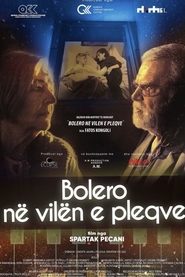 An elderly couple comes to the...
An elderly couple comes to the...Bolero in the Elder's House 2022
An elderly couple comes to the aid of a young maid from their son, but the elder daughter does not like her and decides to investigate by revealing that she hides a terrible secret that pertains to her intimate life regarding the elderly family.
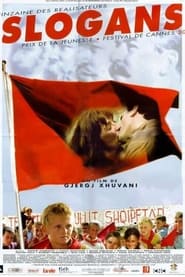 Andre starts as a teacher in...
Andre starts as a teacher in...Slogans 2001
Andre starts as a teacher in a remote mountain village in Albania. His first task is to choose one of two communist slogans. He picks the shorter one, which is appreciated by his class, because they have to build the slogan on the hillside using whitewashed rocks. However, this means that the longer slogan goes to Diana, the French teacher to whom Andre is attracted. Andre gets on the wrong side of the communist party boss of the village, when he stands up for an unjustly accused goat herdsman, whom he had befriended. The boss is determined to take his revenge on Andre.
 To meet the desires and needs...
To meet the desires and needs...A Tale from the Past 1987
To meet the desires and needs of the parents, a marriage is arranged between 14-year-old Gjino and 20-year-old Marigo. Gjino reluctantly obeys, but Marigo, who loves another, tries various devious methods to free herself from this bizarre marriage agreement.
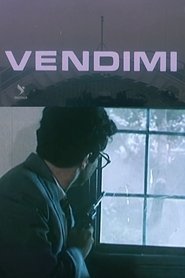 The events of film take place...
The events of film take place...The Decision 1984
The events of film take place in the first days of May 1942 when Albania was under fascist occupation.The enemy is trying by all means to discover the leadership of the Communist Party of Albania wipe it out along with the people's National Liberation Movement. In this grave situation,the communists are faced with counter attack. The film reflects the stormy days of war, the ferocity of the enemy and the strength of the Party and the people who remain undaunted by terror and violence.
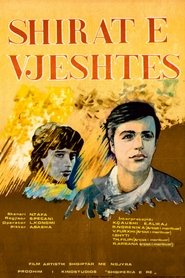 In a weather of unexpected rains...
In a weather of unexpected rains...The Autumn Rains 1984
In a weather of unexpected rains, work is suspended at the dam of an important hydropower station and the safety of the project is jeopardized. The situation weighs heavier on the chief designer, eng. Ilir, who together with his comrades does his best to come out of this difficult situation.
 It is a cine comedy following...
It is a cine comedy following...A Comrade from the Village 1980
It is a cine comedy following "The Lady from the town". Olga is getting ready to go to a meeting of the district women activists, where she will relate her own experience in the struggle against conservative concepts. During a warm atmosphere, Olga sings the first lullaby to her newborn nephew: "Once upon a time there was an Olga who posed as a lady.Time passed by and the lady has become one of us, a comrade from the country"
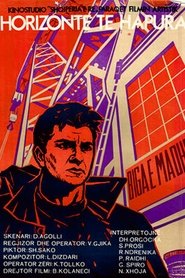 In 1968 Horizonte Te Hapura directed by...
In 1968 Horizonte Te Hapura directed by...Broad Horizons 1968
In 1968, Horizonte Te Hapura, directed by Viktor Gjika, one of the pioneers of Albanian moviemaking, broke new ground. Its subject matter was contemporary, rather than being a historical piece or an action drama set among the partisans of World War II. In the story, a dockworker sees that a crane, a crucial piece of shipyard equipment, is being endangered by a violent storm, and despite considerable danger to himself works to save it. ~ Clarke Fountain, Rovi
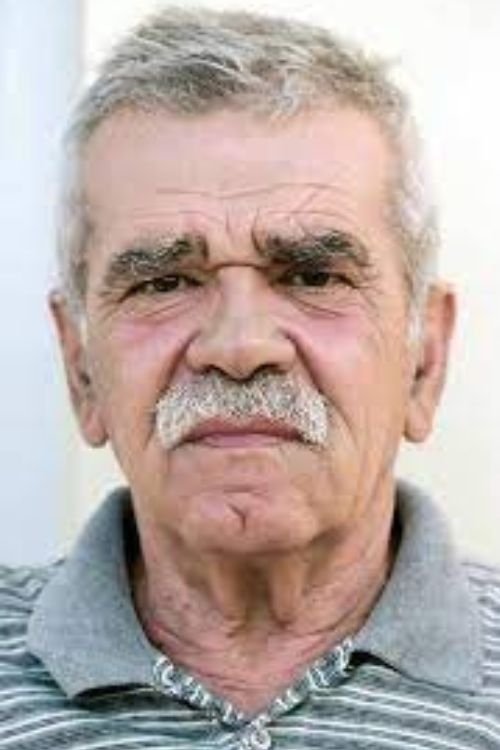
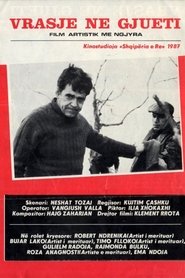 Three friends Fred Aleko and Pertef...
Three friends Fred Aleko and Pertef...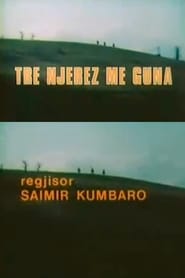 Three cloaked partisans are carrying out...
Three cloaked partisans are carrying out...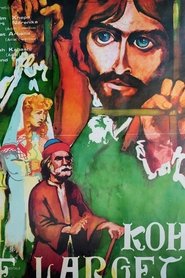 The dramatic aspects of the Middle...
The dramatic aspects of the Middle...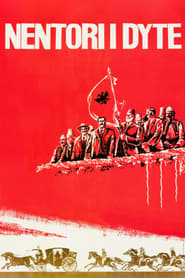 A historical drama focusing on the...
A historical drama focusing on the...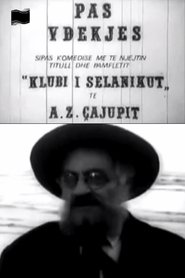 Pas vdekjes is a 1980 Albanian black...
Pas vdekjes is a 1980 Albanian black...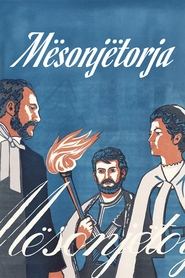 Dafina a young schooled woman returns...
Dafina a young schooled woman returns...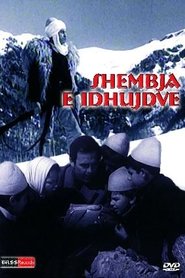 A teacher in a remote village...
A teacher in a remote village...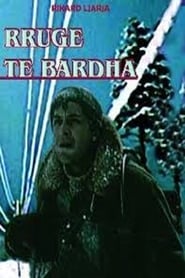 Deda an enthusiastic young worker is...
Deda an enthusiastic young worker is...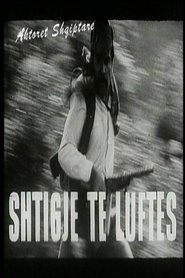 World War II a famous warrior...
World War II a famous warrior...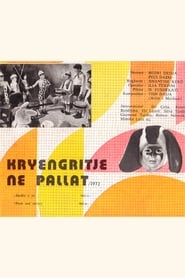 The two brothers Qetsor and Erlet...
The two brothers Qetsor and Erlet... A misogynistic old man goes to...
A misogynistic old man goes to...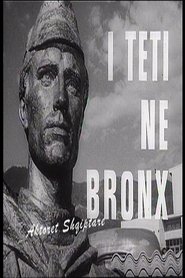 On the anniversary of the death...
On the anniversary of the death...